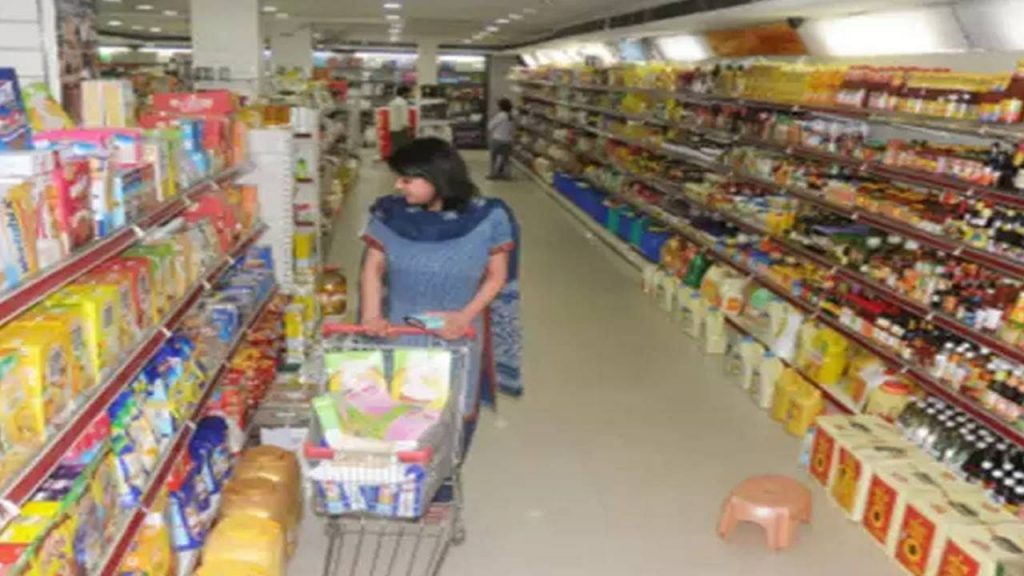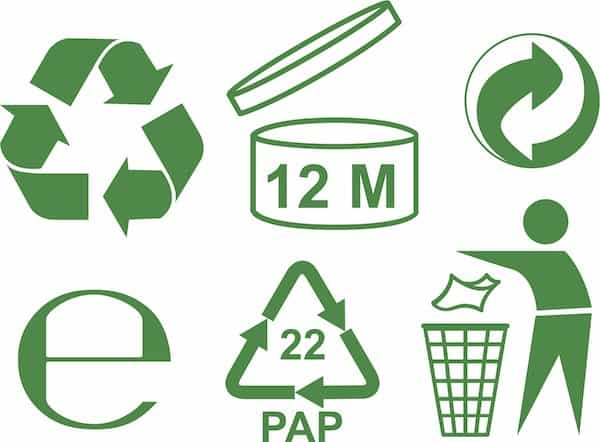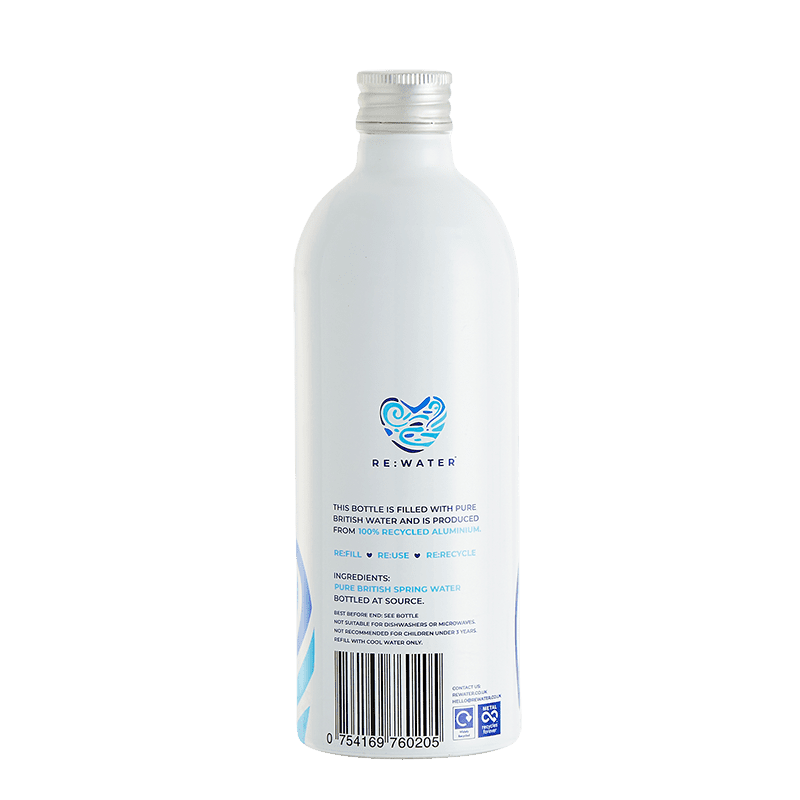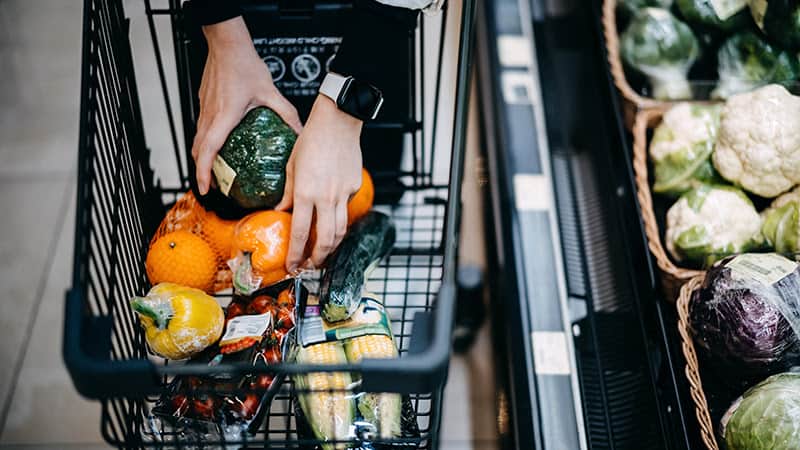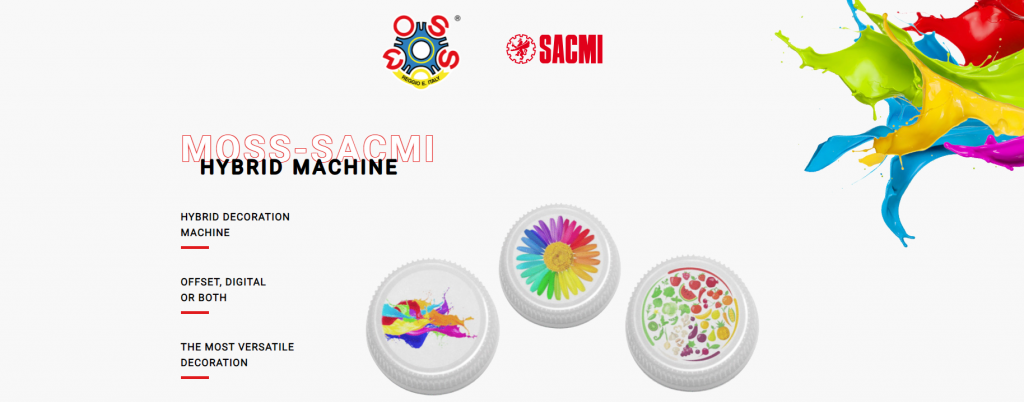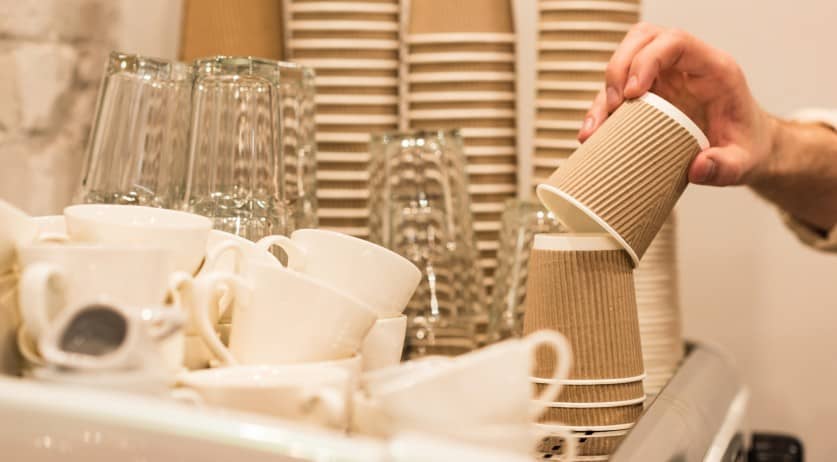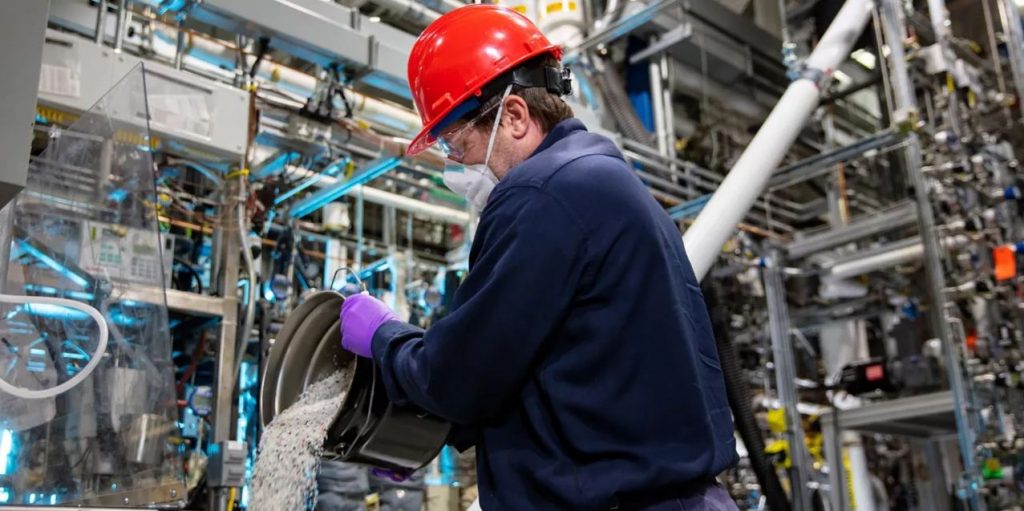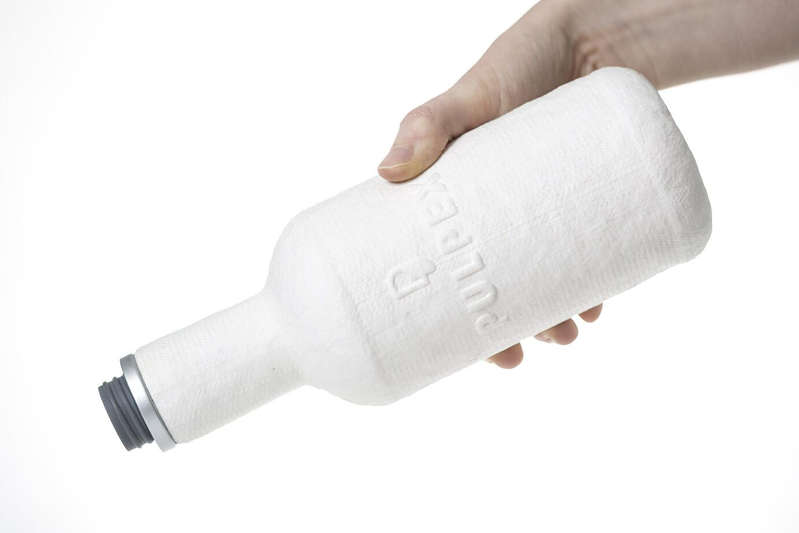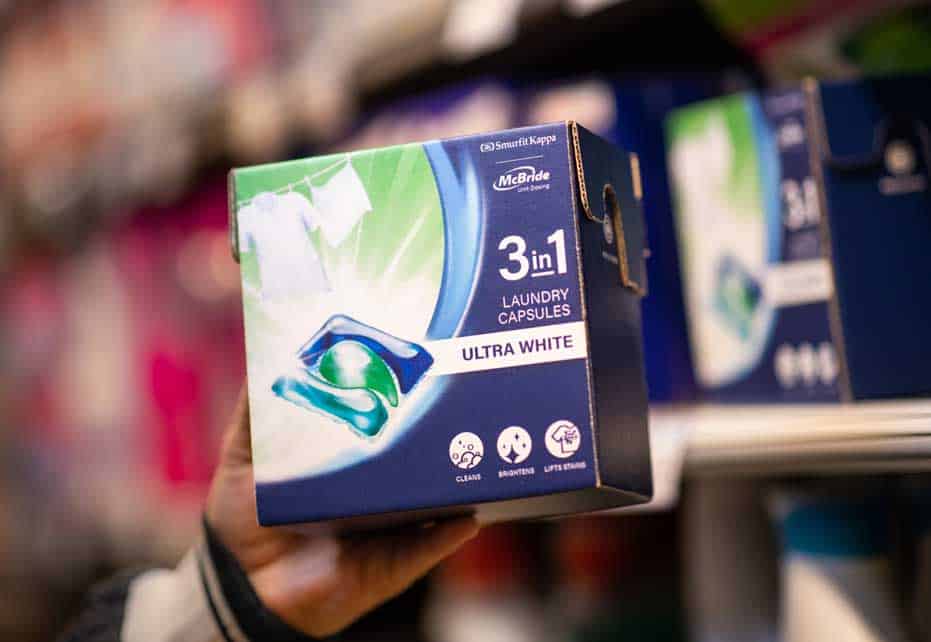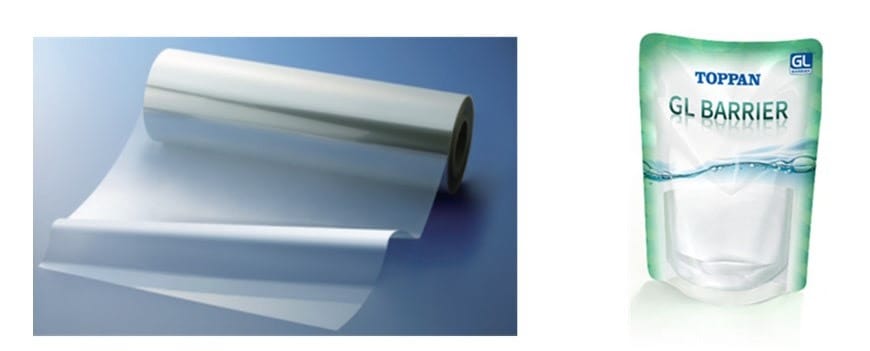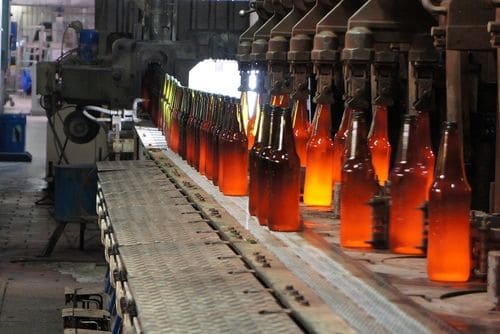Price in the unit will be given on packaged items from April, the government is bringing new rules of packaging. New packaging rules to be in place from next April price in units will be written on packaged items
Price in the unit will be given on packaged items from April, the government is bringing new rules of packaging. New packaging rules to be in place from next April price in units will be written on packaged items

